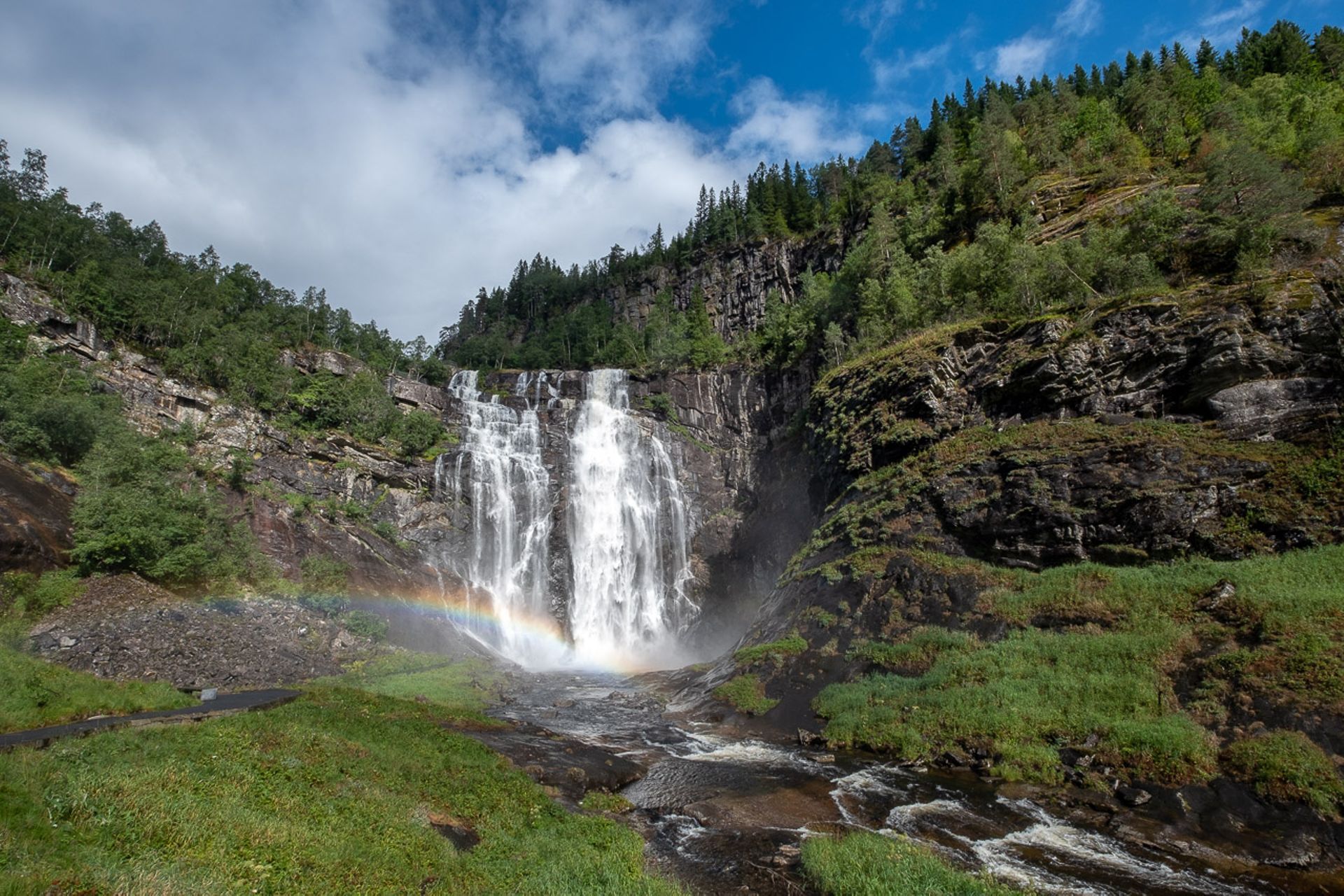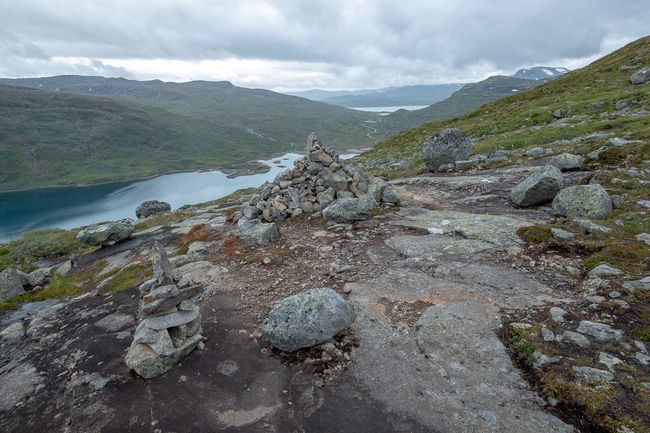Day 20 - Beyond the Arctic Circle
வெளியிடப்பட்டது: 19.08.2018
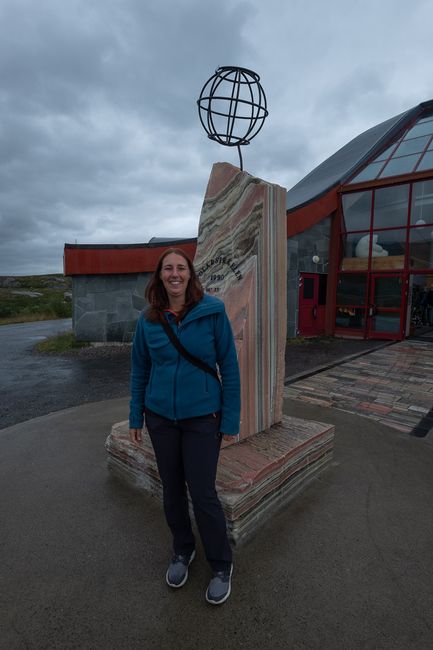
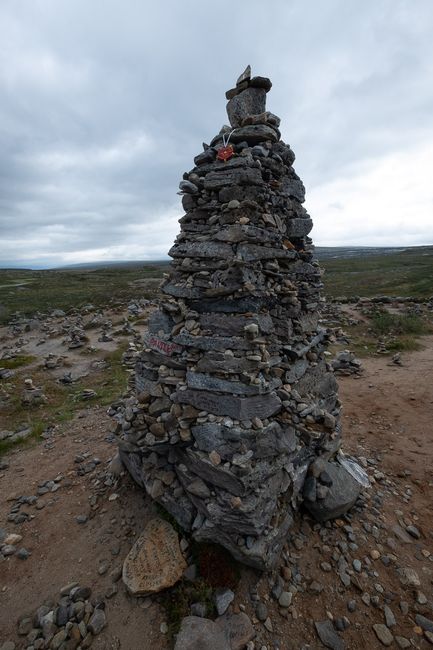
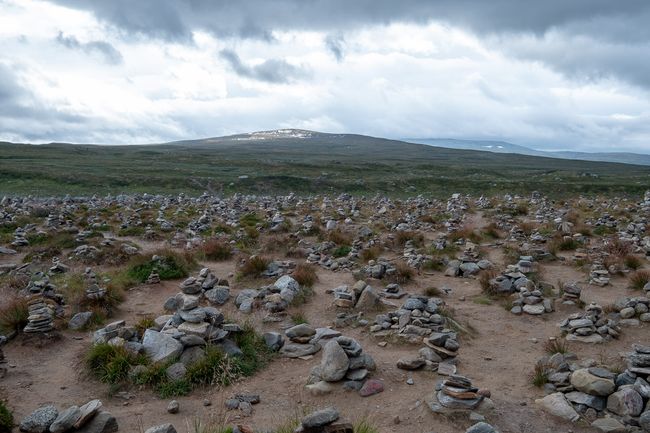
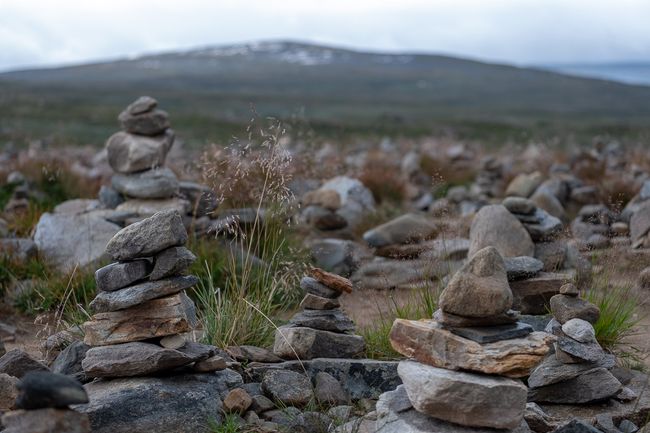
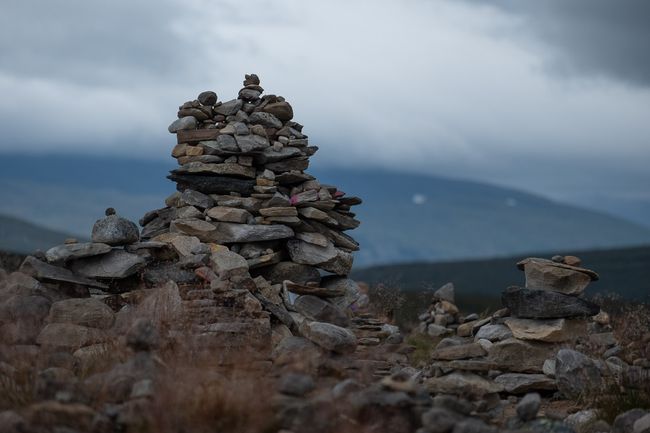
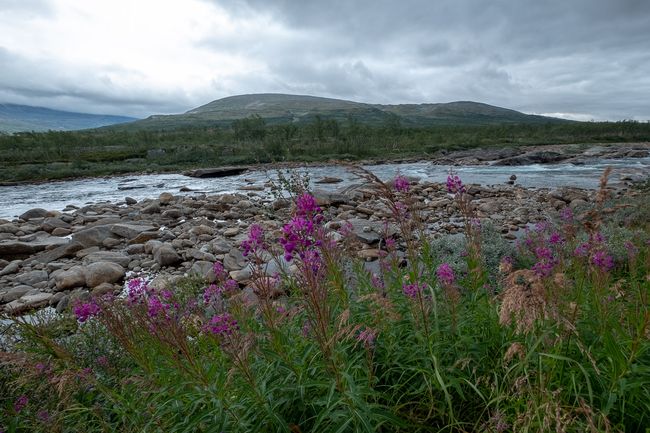
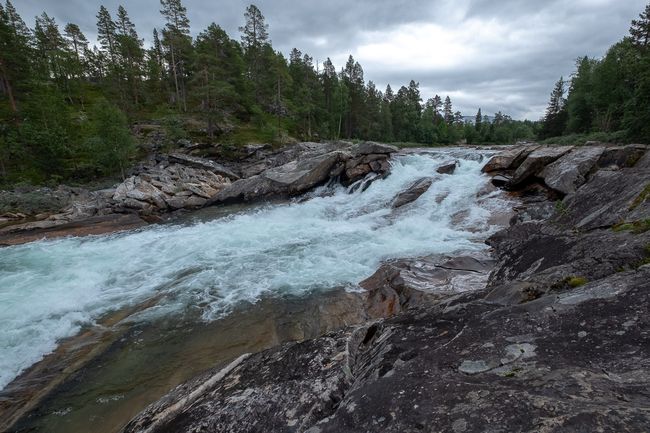
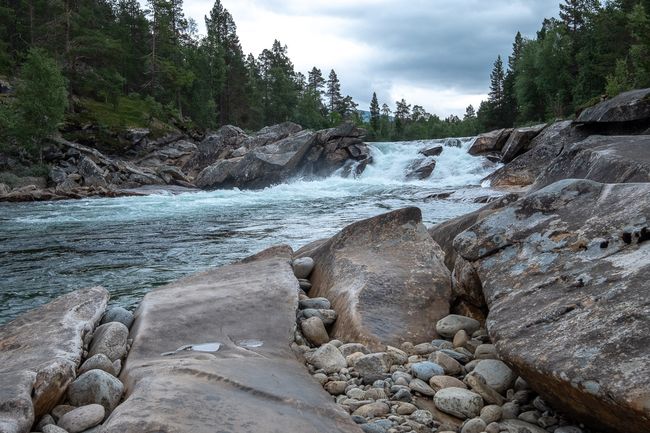
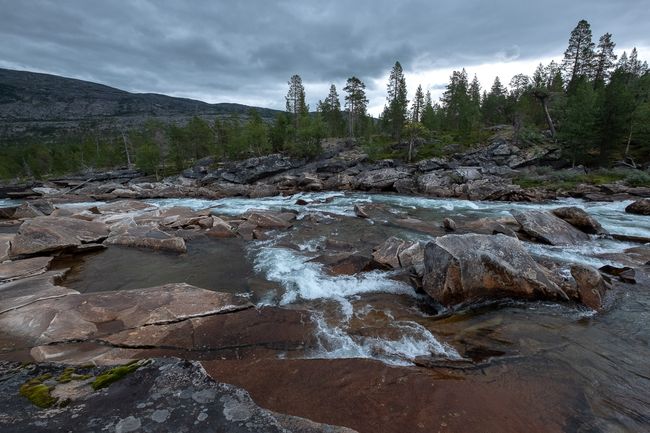
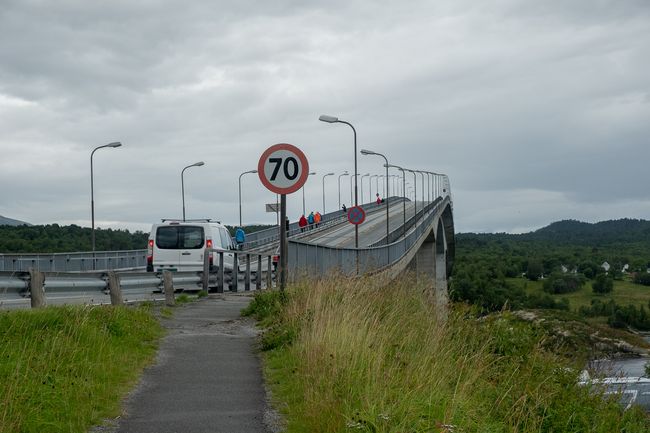
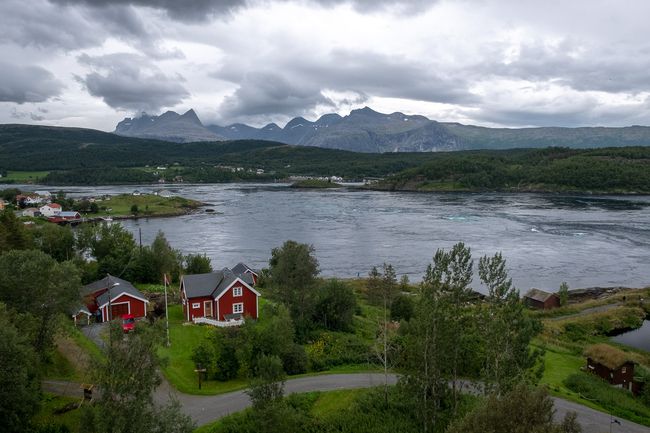
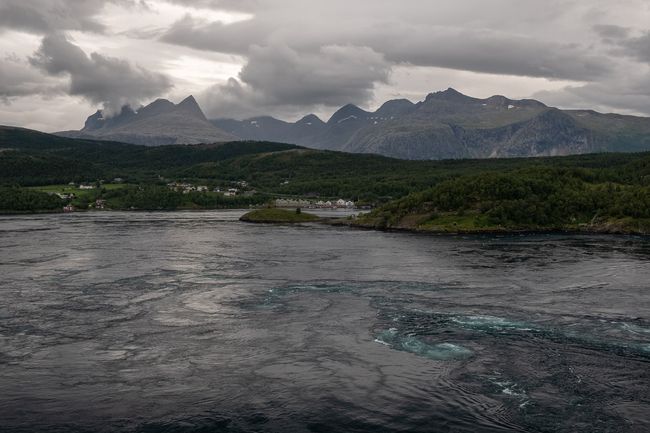
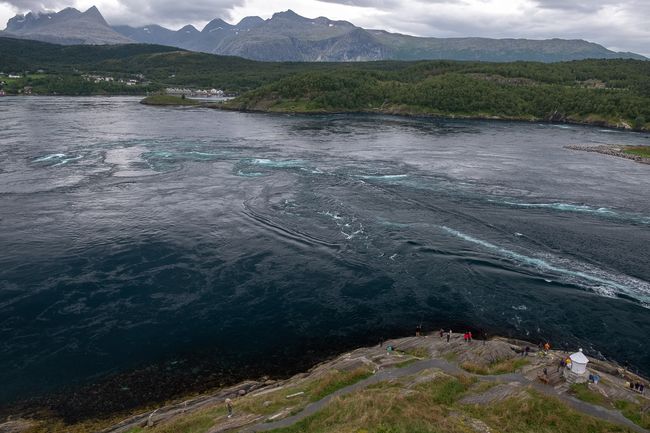
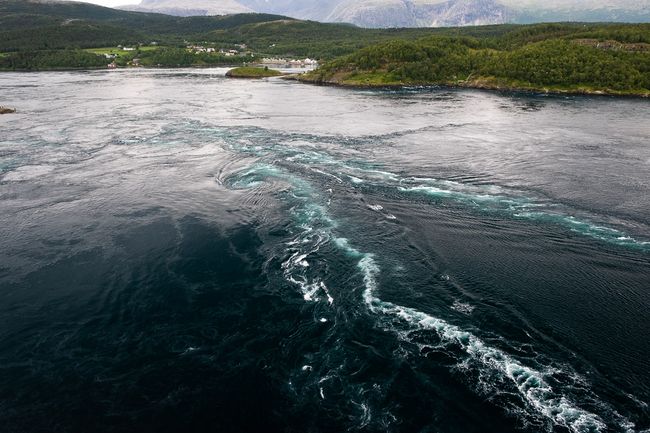
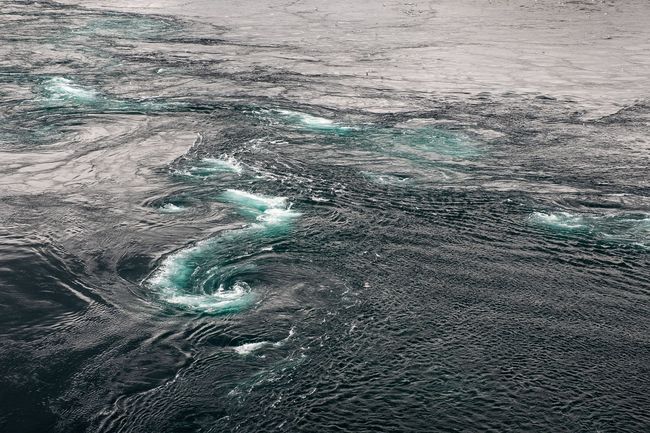
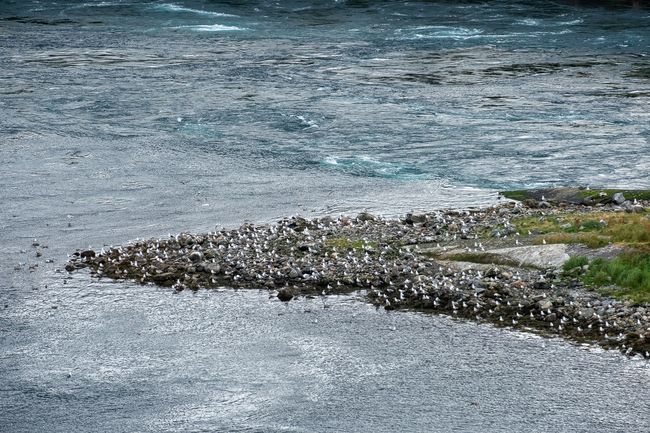
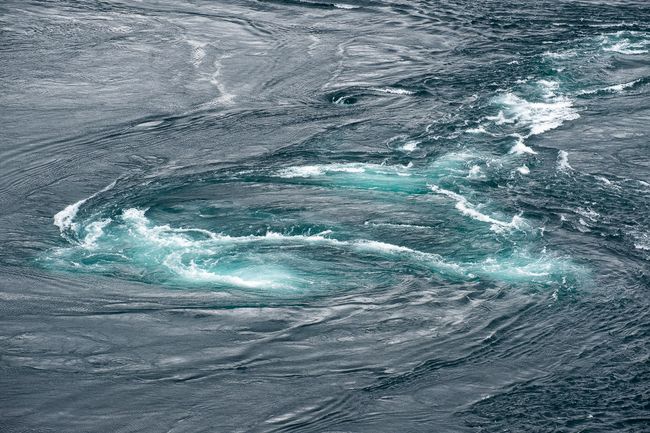
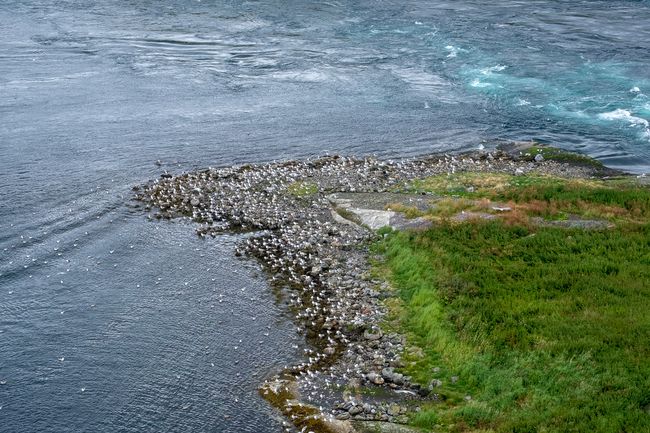
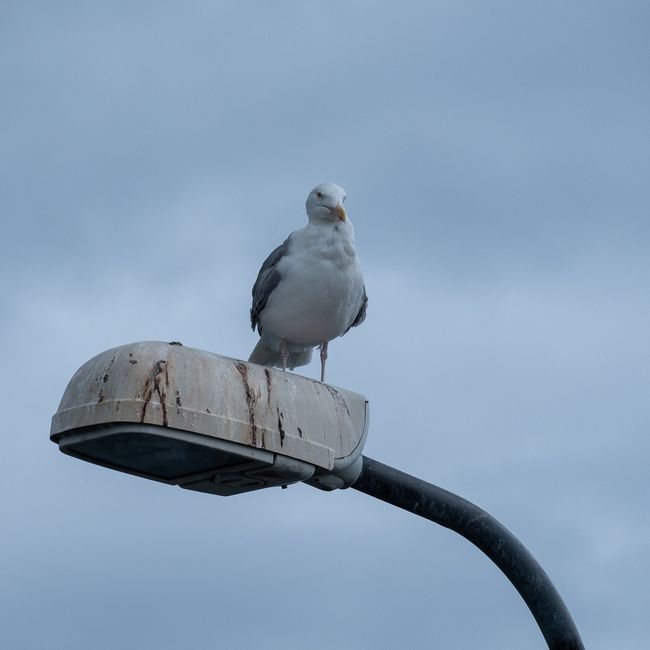
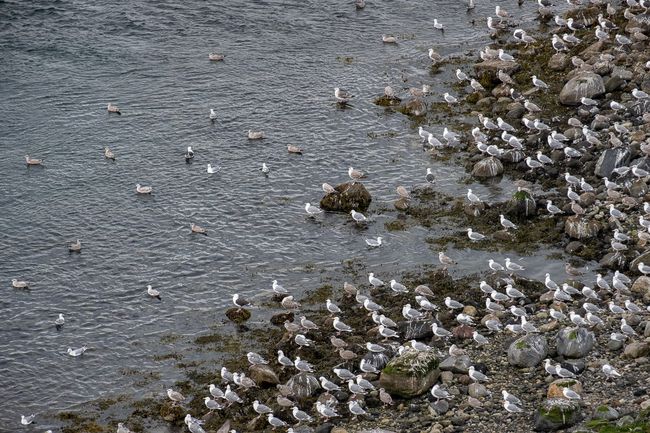
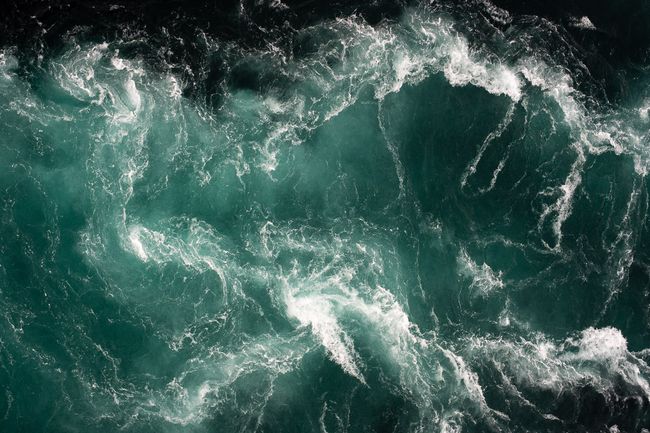
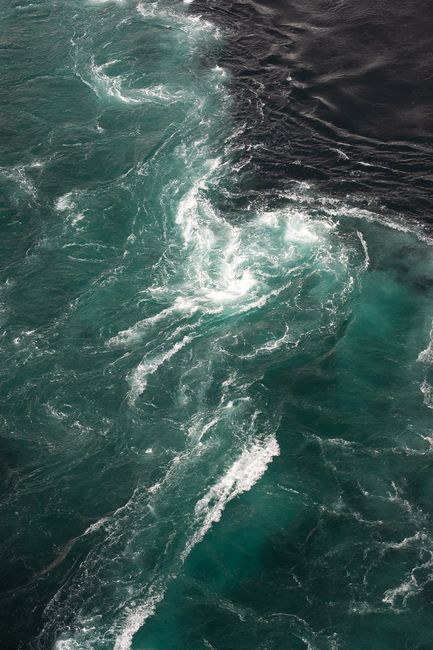
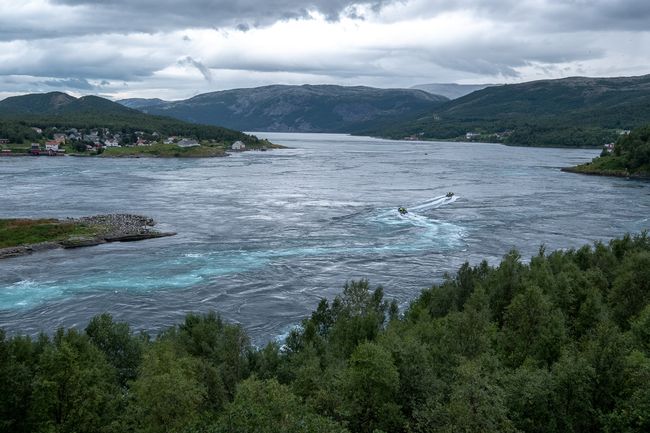
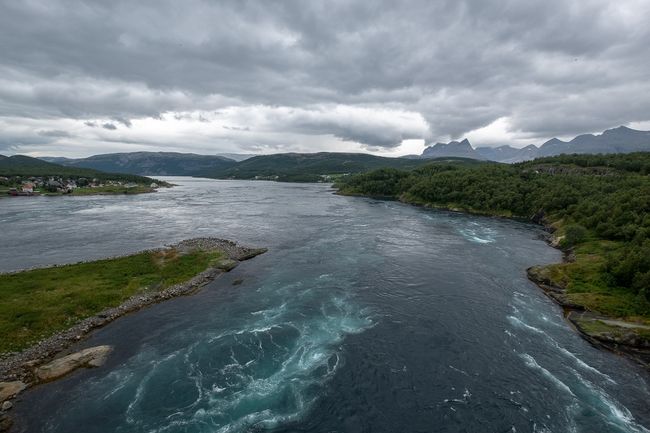
செய்திமடலுக்கு சந்தாதராகவும்
Today is the day, we will cross the sixty-sixth parallel and move north of the Arctic Circle. The goal of today's stage is the Saltstraumen, the world's most powerful tidal current.
At the Arctic Circle, next to the road called Saltfjellveien, is the so-called Arctic Circle Center. Basically, it is a large souvenir shop with a restaurant in front of a stone monument that marks the latitude at 66° 33' 55" north. Since we don't want to return from four weeks in Norway empty-handed, we will buy some touristy souvenirs. Here we meet a German couple again, who we have already encountered at Grønligrotta and Svartisen. Oh man, does everyone here do the same thing?
The landscape now really corresponds to what one imagines the far north to be, typical tundra vegetation, almost only coniferous trees and low, ground-covering plants such as moss, lichen, heather, etc. We are still in Svartisen National Park. Once again, a wild river flows alongside the road, passing waterfalls and rapids. If we stopped everywhere where there are interesting motifs, we would never arrive. But I still take the time for the most obvious ones, trying not to fall into tourist snapshot mode.
After a scenic drive, we arrive at a campsite right next to the Saltstraumen Bridge. This bridge spans a narrow passage between the sea (more precisely the outer Saltfjord) and the inner Saltfjord, which causes the powerful tidal current. Since it is raining again and we have a certain desire for comfort today, we treat ourselves to a cabin again, which costs 1000 NOK.
Our arrival time is just right, according to the Saltstraumen table provided by the municipality of Bodø, the strength of the current has reached its maximum at 15:44. As the tide rises, the gigantic water exchange takes place during this period from the sea towards the inner Saltfjord. Almost 400 million cubic meters of water are pressed through the 150-meter wide sound, reaching speeds of up to 40 km/h. Strong whirlpools are formed in the peripheral areas of the current, reaching depths of up to 4 meters and capable of pulling smaller boats like canoes or kayaks down. Even good swimmers would have no chance whatsoever against these forces. Today, we observe this spectacle from above on the bridge. At the highest point, we are at about 40 meters in height and have a breathtaking view of the Saltstraumen and the mist-crowned, pointed mountain peaks in the distance. The sight of the current is truly gigantic, the water at its edge seems to boil, it bubbles, and the aforementioned whirlpools form time and again. One can imagine the incredible forces at work here. The seagulls do not miss this spectacle either. Hundreds of them circle in wild turmoil above the tidal current, as whole shoals of fish also have to pass through the narrow passage, which are more or less exposed to the forces. So, a rich buffet is ready, apparently so abundant that the hunting party dissolves long before the current weakens and settles down to digest on a small island in the sound.
For our part, deeply impressed, we retreat to our wooden domicile and start heating up to spend the evening comfortably.
செய்திமடலுக்கு சந்தாதராகவும்
பதில் (1)
Bernhard
Phantastisch, wäre das Richtige für Mutter!